Pueblo Incident North Korea Crisis
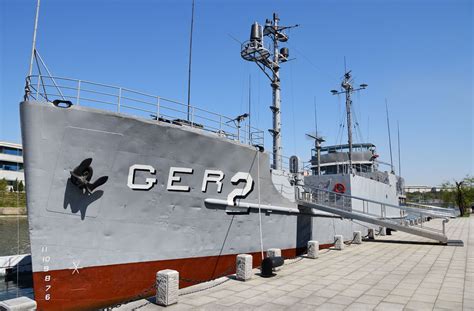
Introduction to the Pueblo Incident
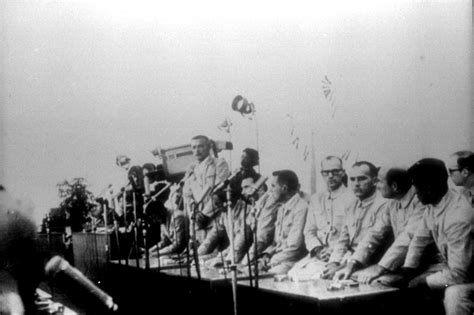
The Pueblo Incident, also known as the Pueblo Crisis, was a major international crisis that occurred in 1968, involving the United States and North Korea. The incident began on January 23, 1968, when the USS Pueblo, a United States Navy intelligence ship, was seized by North Korean forces while operating in the Sea of Japan. The crisis that followed was a significant escalation of tensions between the United States and North Korea, and it remains an important event in the history of the Cold War.
Background to the Crisis
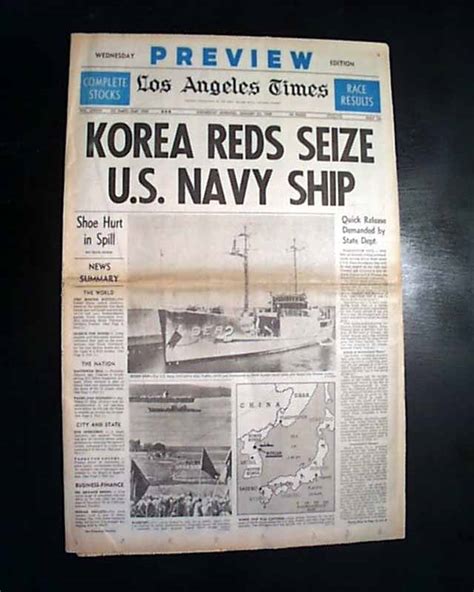
In the late 1960s, the United States was engaged in the Vietnam War, and there were concerns about the potential for the conflict to spread to other parts of Asia. The USS Pueblo was one of several United States Navy ships that were operating in the region, gathering intelligence on North Korean and Soviet naval activities. The ship was equipped with sophisticated surveillance equipment, including radar and radio intercept systems, and was crewed by a team of experienced sailors and intelligence specialists.
The Seizure of the USS Pueblo
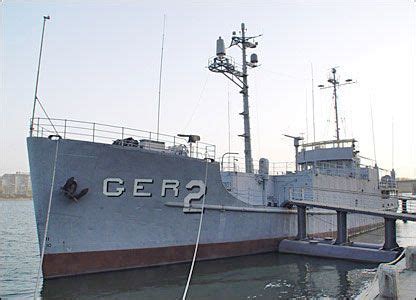
On January 23, 1968, the USS Pueblo was operating in the Sea of Japan, approximately 15 miles off the coast of North Korea. At around 1:00 pm local time, the ship was approached by a group of North Korean patrol boats, which ordered the Pueblo to leave the area. The ship’s captain, Commander Lloyd M. Bucher, refused to comply, stating that the ship was in international waters and had the right to operate freely. The North Korean forces then opened fire on the Pueblo, and the ship was quickly surrounded and boarded. The crew of 83 sailors and intelligence specialists was taken prisoner, and the ship was seized by the North Koreans.
International Reaction to the Crisis
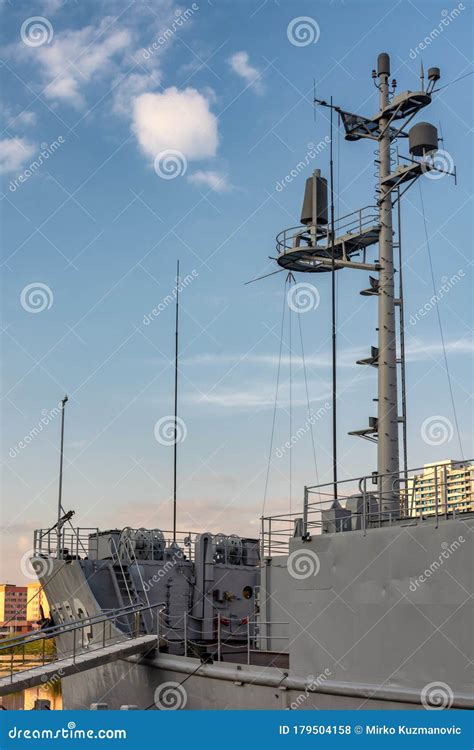
The seizure of the USS Pueblo sparked a major international crisis, with the United States, North Korea, and other countries involved in a complex and tense standoff. The United States government, led by President Lyndon B. Johnson, condemned the North Korean action as a serious violation of international law and demanded the release of the crew and the return of the ship. The North Korean government, led by Kim Il-sung, refused to comply, stating that the ship had been operating in North Korean territorial waters and had been engaged in espionage activities.
Negotiations and Resolution

The crisis was eventually resolved through a series of negotiations between the United States and North Korea, facilitated by the Soviet Union. On December 23, 1968, the United States and North Korea signed the “Pueblo Incident Agreement,” which provided for the release of the crew in exchange for a statement acknowledging that the ship had been operating in North Korean territorial waters. The crew was released on December 23, 1968, and the ship remained in North Korean hands, where it is still on display today as a museum ship.
🚨 Note: The Pueblo Incident was a significant event in the history of the Cold War, highlighting the tensions and rivalries between the United States and North Korea. The incident also had important implications for the development of international law and the principles of maritime sovereignty.
Key Players and Their Roles

Several key players played important roles in the Pueblo Incident, including: * Commander Lloyd M. Bucher, the captain of the USS Pueblo * President Lyndon B. Johnson, the President of the United States * Kim Il-sung, the leader of North Korea * The Soviet Union, which facilitated negotiations between the United States and North Korea
Lessons Learned and Legacy

The Pueblo Incident had several important lessons and legacies, including: * The importance of clear communication and diplomacy in preventing and resolving international crises * The need for countries to respect each other’s sovereignty and territorial rights * The ongoing tensions and rivalries between the United States and North Korea, which continue to be a major issue in international relations today
Conclusion and Final Thoughts

In final thoughts, the Pueblo Incident was a significant event in the history of the Cold War, highlighting the tensions and rivalries between the United States and North Korea. The incident had important implications for the development of international law and the principles of maritime sovereignty, and it continues to be an important topic of study and discussion today. The lessons learned from the Pueblo Incident, including the importance of clear communication and diplomacy, and the need for countries to respect each other’s sovereignty and territorial rights, remain relevant and important in the modern era.
What was the main cause of the Pueblo Incident?
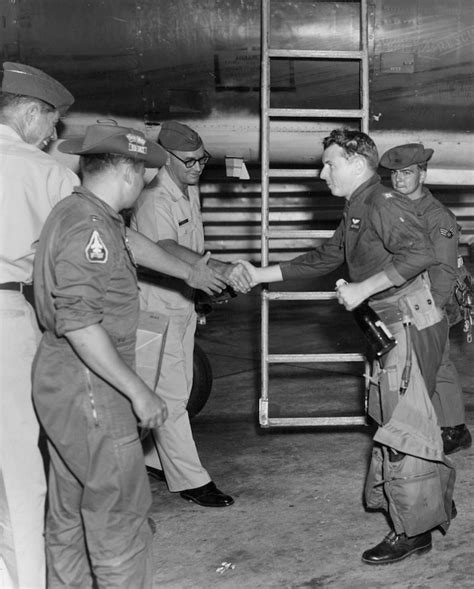
+
The main cause of the Pueblo Incident was the seizure of the USS Pueblo by North Korean forces while the ship was operating in the Sea of Japan.
What were the key lessons learned from the Pueblo Incident?

+
The key lessons learned from the Pueblo Incident include the importance of clear communication and diplomacy, and the need for countries to respect each other’s sovereignty and territorial rights.
What is the current status of the USS Pueblo?
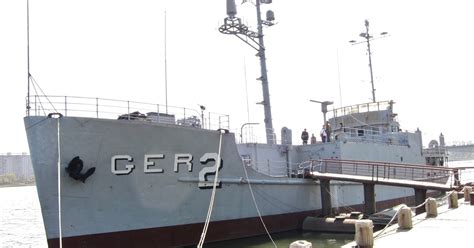
+
The USS Pueblo is currently on display as a museum ship in North Korea, where it has been since it was seized in 1968.



